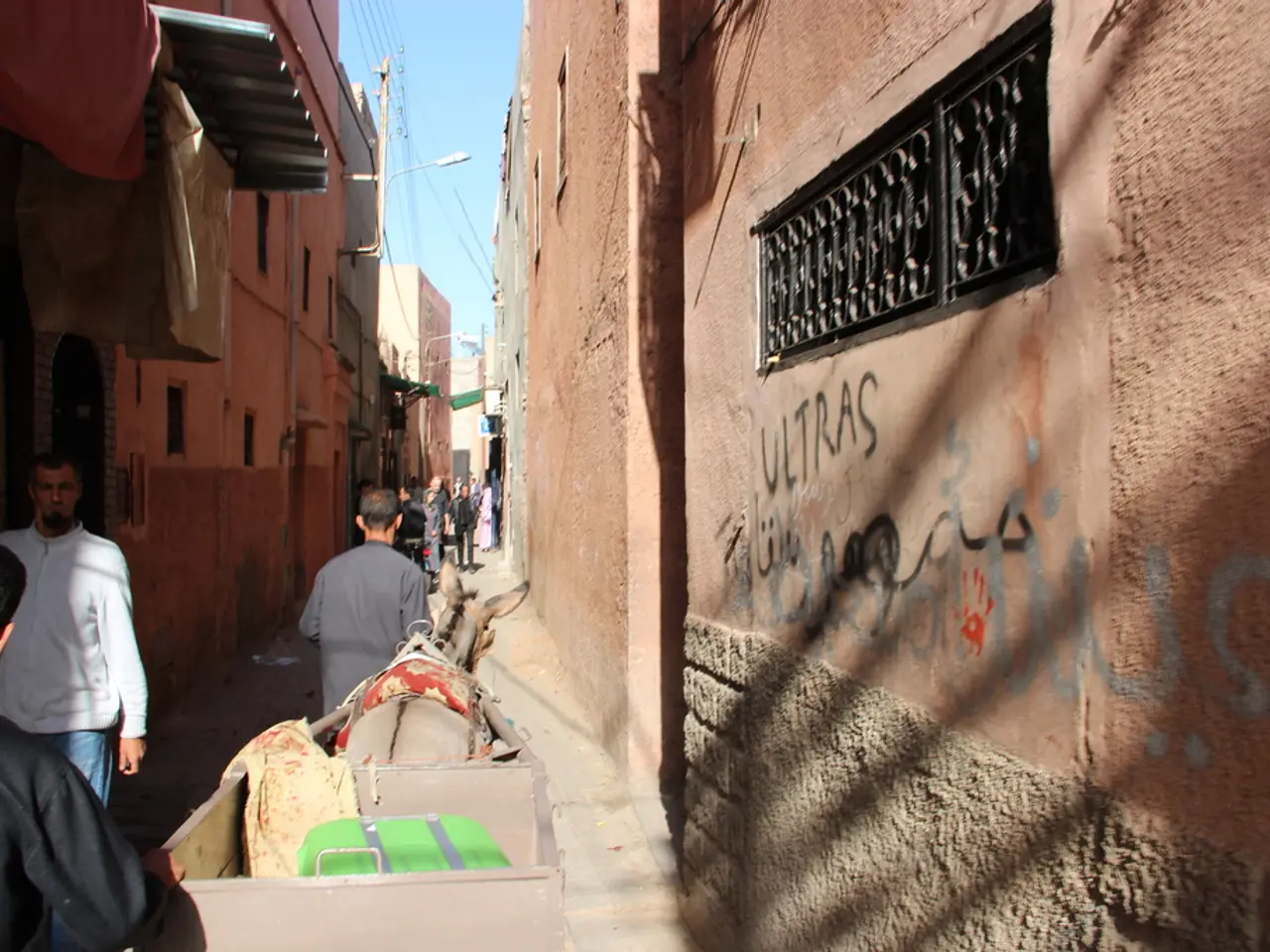Australia reportedly considering recognizing Palestine as an independent state - Australia Advocates for Recognition of State of Palestine
The international community is showing increased support for a two-state solution to resolve the long-standing Israel-Palestine conflict. This solution envisions two democratic and sovereign states—Israel and Palestine—coexisting peacefully within recognised borders, generally based on the 1967 lines, including Jerusalem.
Recently, several key Western nations have taken steps towards recognising Palestine as a state. Australia announced its intention to recognise Palestine at the United Nations General Assembly in September 2025, emphasising that a two-state solution offers the best hope for breaking the cycle of violence and achieving lasting peace. This recognition is contingent on assurances that Hamas will not have a role in any future Palestinian state.
France, Canada, and the United Kingdom have also recently recognised Palestine or expressed strong support, reflecting both frustration with ongoing violence, especially in Gaza, and domestic political pressure to take a stand. New Zealand is reportedly considering recognition as part of this broader diplomatic shift.
These moves come amid renewed international diplomatic efforts, including a high-level UN conference in July 2025, which underscored widespread backing for a two-state resolution and emphasized Palestinian commitments to peaceful settlement, security arrangements, democratic elections, and governance reforms.
Despite this broad support, significant hurdles remain. Israeli leadership under Prime Minister Netanyahu continues to reject the two-state solution, viewing Palestinian statehood as a security threat and associating recognition with support for terrorism. The Palestinian Authority’s limited control, especially with Hamas governing Gaza, complicates implementation.
Britain has recently threatened Israel with recognising Palestine if Netanyahu's government does not end the Gaza conflict and the suffering of the Palestinians. Israel's Prime Minister Benjamin Netanyahu described the impending announcements from Australia and other countries as "shameful" and stated that a Palestinian state will bring war, not peace.
New Zealand's Foreign Minister Winston Peters announced that the Pacific state is considering recognising Palestine, and that the cabinet has discussed it. France's President Emmanuel Macron announced at the end of July that he wants to officially declare recognition of Palestine at the UN General Assembly.
However, Israel's President Izchak Herzog condemned Australia's decision and those of other countries, stating they reward terror and support the enemies of freedom, liberalism, and democracy.
In summary, there is growing international momentum among many countries, including Australia, France, Canada, and potentially New Zealand, to recognise Palestine and advance the two-state solution as the viable path to peace, though fundamental disagreements and regional realities still challenge progress.
- The European Parliament, in aligning with the global push for a two-state solution, could draft a Parliament resolution on the Commission communication on the future of the European Union, explicitly expressing support for recognizing Palestine as a state within the context of ending the Israel-Palestine conflict.
- As policy-and-legislation discussions around the European Union's stance on the Israel-Palestine conflict unfold, the European Parliament may decide to lean on political flexibility, addressing war-and-conflicts by advocating for a role in mediating the peace process, negotiating assurances against terrorism, and facilitating a peaceful coexistence for both Israelis and Palestinians.








